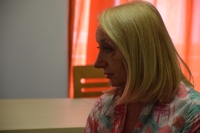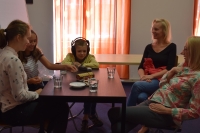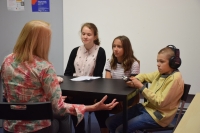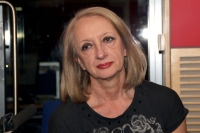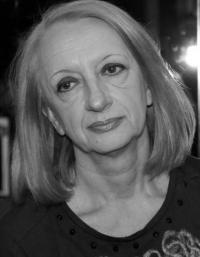When I‘m in a good mood, I say I have two homelands, and when I‘m in a bad mood, I say I have neither
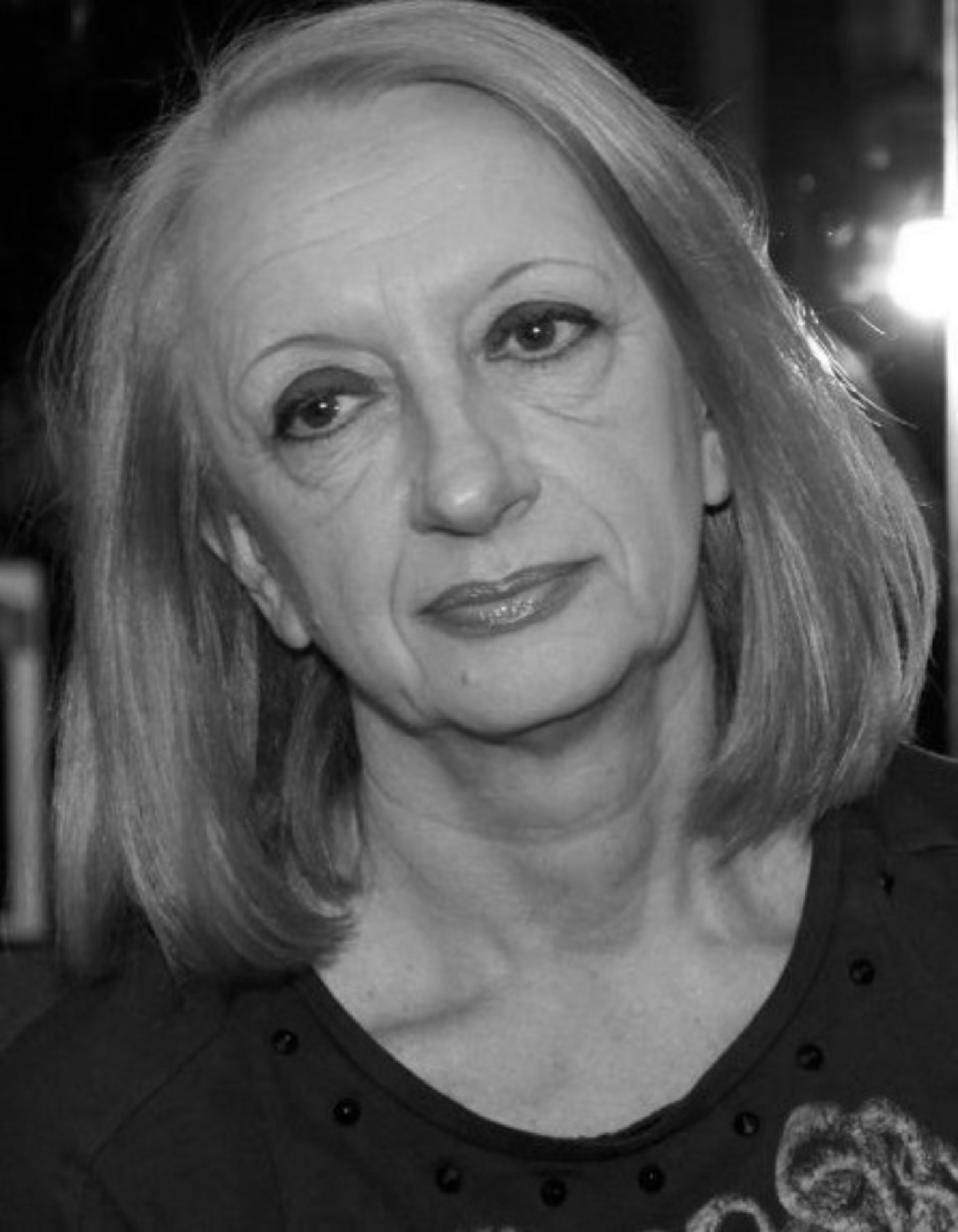
Stáhnout obrázek
Jelena Silajdžić, née Mamuzić, was born on 18 November 1954 in Sarajevo. There she studied journalism and worked for a while in a local daily newspaper. Eventually, she found a job in a film company, where she soon became a documentary director and then a production manager. She worked with important Yugoslav directors such as Emir Kusturica. In 1992, the siege of Sarajevo by the Serbian army began. Jelena Silajdžić, her husband and children hastily left the city. Their apartment was bombed. They went to Prague, where they eventually stayed. Jelena Silajdžić and her husband started to organise various cultural events. They founded the Khamoro Roma Festival. She is the founder of the Slovo 21 organisation, which, among other things, created the successful project Rodina odvedle (Family Next Door), which connects Czechs and foreigners living in the Czech Republic. In 2023 she lived in Prague.
